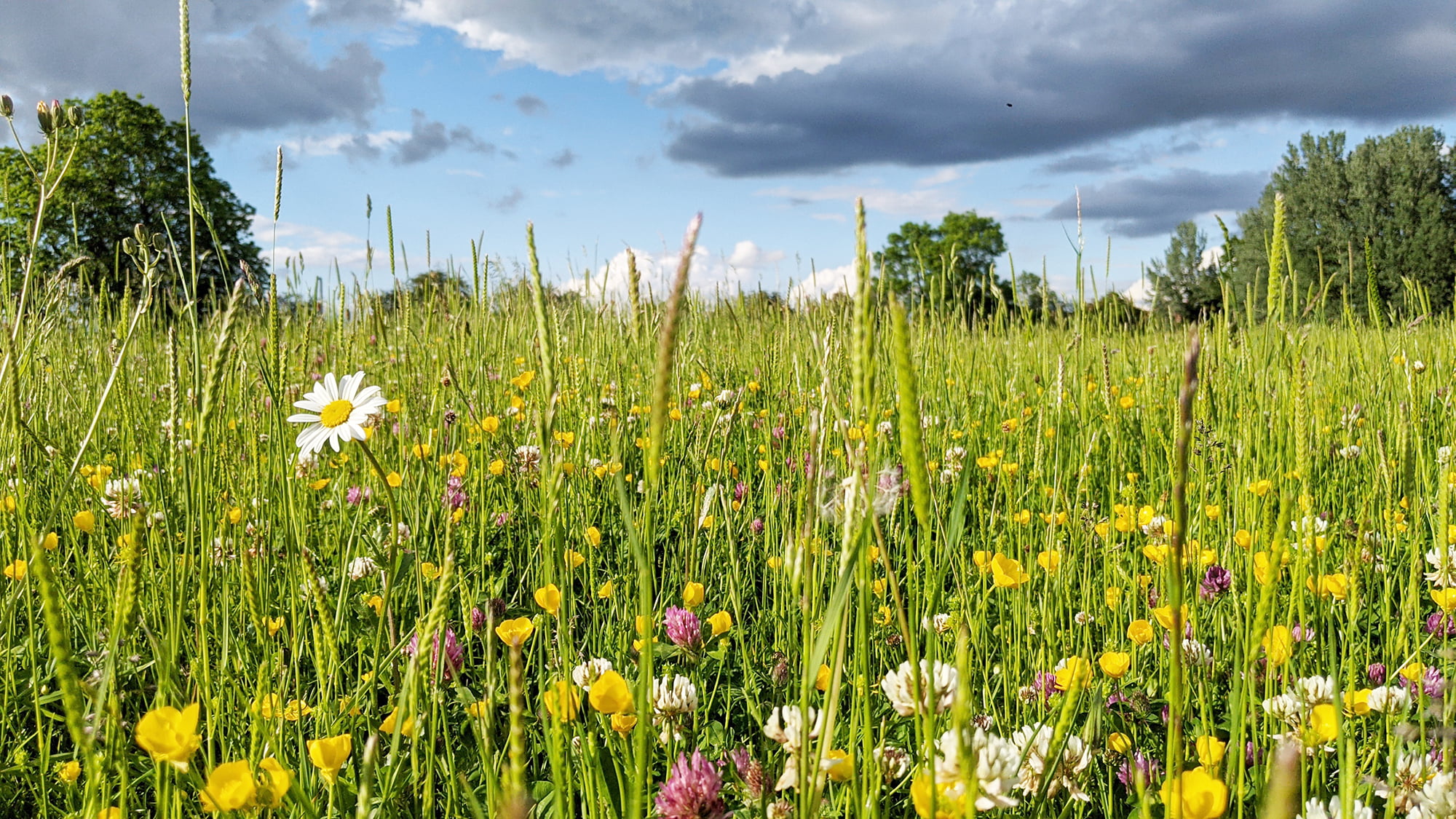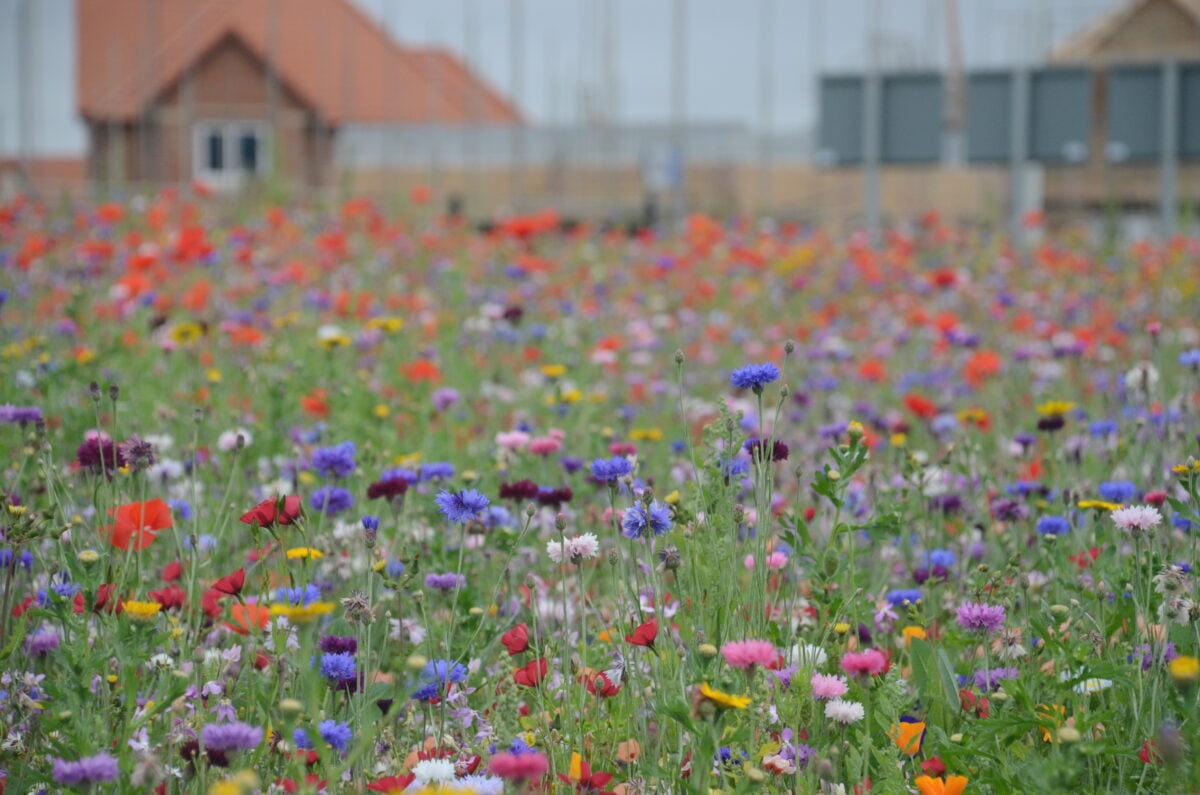
In a monumental move towards ecological sustainability, significant changes in Biodiversity Net Gain (BNG) legislation are set to come into effect in England on February 12th 2024. This pivotal date marks a turning point in the way businesses and developers approach environmental considerations, emphasising a commitment to biodiversity preservation and creating positive outcomes for both nature and communities.
Whilst attention is currently focussed on England because of the significant amount of new legislation that will come into force, similar approaches are found elsewhere in the UK. Scottish Government will also seek to quantify developmental impacts on biodiversity, using a metric; although it has decided to deliver this through policy rather than statute. In October 2023, Welsh Government announced that consideration of Net Benefits to Biodiversity and green infrastructure will be a policy requirement for most new development.
The imminent legal alterations highlight a growing global awareness of the critical need to protect and enhance biodiversity. BNG, a concept gaining traction worldwide, mandates that almost all planning applications in England deliver an increase of at least 10% in biodiversity, either on-site or by off-setting. This initially applies to major developments but BNG rules for small sites (typically less than 1 hectare) will apply from 2nd April 2024.
BNG requires developers to measure the biodiversity value of a site before and after their project using DEFRA’s Biodiversity Metric 4.0 calculator. This approach ensures the required enhancements needed to achieve the minimum 10% improvement in biodiversity can be identified. If it is not feasible to achieve the necessary biodiversity units within the development area, compensation off-site is needed, through habitat creation and/or enhancement.
By enforcing Biodiversity Net Gain, the new regulations seek to align economic progress with nature conservation. Companies will need to adopt strategies that actively enhance local ecosystems, fostering resilience and diversity in flora and fauna.
The significance of this legal shift extends beyond mere compliance; it represents a collective commitment to creating sustainable spaces where development and nature coexist, with aspirations for a more ecologically balanced future.


BNG is in TEP’s DNA! Our very first project in 1997 was to create woodland and grassland habitats on urban brownfield sites. One of them, Kenworthy Woods in south Manchester, has been so successful that it was designated as a statutory Local Nature Reserve in 2023. We have won prestigious awards for BNG, for example our work at Redrow Homes’ 300 house scheme at Heathlands in North Wales secured the Landscape Institute Biodiversity Award.
BNG is a team game and TEP has in-house expertise in ecology, trees, habitat design and implementation, planning, landscape management, costings and mapping. Our Planning team can advise on the process for submitting a planning application, identify planning applications that are exempt from BNG, and clarify the requirements to discharge the statutory BNG condition. Additionally, we can provide guidance on securing legal agreements (such as Section 106).
We conduct biodiversity reviews of land and are proficient in preparing detailed BNG assessments advising on habitat design, enhancement, and management. We are currently supporting a number of clients on a wide range of developments, including residential, commercial and infrastructure, advising on constraints and opportunities, and providing a robust strategy for delivering BNG.

In cases where the necessary biodiversity units cannot be achieved within the development boundary, compensation habitats can be established off-site. We can assist in locating and establishing such off-site habitats. We are helping landowners to optimise the habitat value of their lands for use as off-site compensation, facilitating their registration as a habitat bank.
Compensatory habitats, whether on-site or off-site, necessitate comprehensive management and monitoring for a minimum period of 30 years. TEP is equipped with experienced landscape managers who possess the expertise to implement the necessary management actions for habitat enhancements. This includes the development of detailed landscape management plans and monitoring strategies aligned with the objectives identified by the BNG metric calculator.
We also provide strategic BNG advice, for example need and supply assessments for local authorities and large corporations looking to understand the implications of their long-term development plans. We provide training and a bespoke advisory service for clients needing advice on the many rules surrounding BNG in England, and how to tailor schemes in Wales and Scotland to meet the different policy requirements.
If you have any questions about BNG, or would like to get in touch, please contact tep@tep.uk.com.








